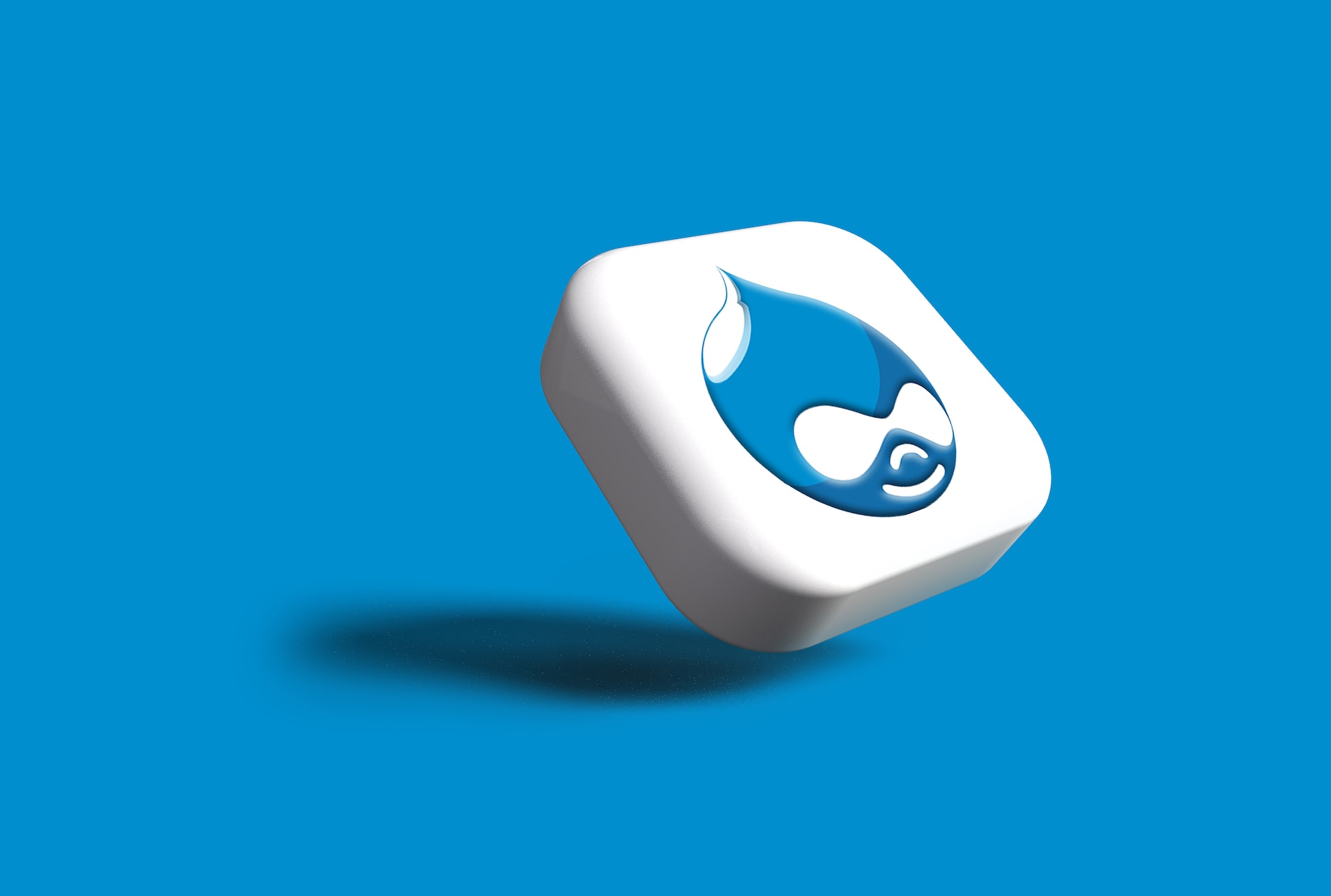Drupal 7 has brought into core some contributed modules and features that had to be installed separately in Drupal 6 (like CCK). There is still though modules that i install an virtually every Drupal 7 website i create. So here is the list (plus some explanation of what they do):
Views – Is the most installed Drupal module, there is a reason of course, this tool is essentially a smart query builder that, given enough information (by you the web-developer and/or web-designer), can build the proper query, execute it, and display the results. It can be used to generate reports, create summaries, and display collections of images and other content. This module is so important that it will probably be part of core in Drupal 8.
Chaos tool suite (ctools) – While you will rarely use the module directly other modules require it (Views, Panels…)
Token – This is also a module that you while doesn’t any functionality by itself is reliant upon by many other modules to make it a must. Tokens are small bits of text that can be placed into larger documents via simple placeholders, like %site-name or [user].
Pathauto – This modules relies upon above mentioned Tokens to make it work. Frankly i am surprised its not in Core yet and would expect that it will make it into Drupal 8 Core. The Pathauto module automatically generates URL/path aliases for various kinds of content (nodes, taxonomy terms, users) without requiring the user to manually specify it. This allows you to have URL aliases like /category/my-node-title instead of /node/123.
Global Redirect – Once you installed the above mentioned Pathauto i recommend you should also install Global Redirect here is why: Once enabled, an alias provides a nice clean URL for a path on a site. However Drupal does not remove the old path (eg node/1234). The problem is that you now have two URLs representing the same content. This is dangerous territory for duplicate pages which can get you sandboxed by the search engines!
Administration Menu – While Drupal 7 has included a Admin Toolbar in the core, it only provides top level links, while Administration Menu Modules gives you much more, It Provides a theme-independent administration interface (aka. navigation, back-end). It’s a helper for novice users coming from other CMS, a time-saver for site administrators, and useful for developers and site builders.
Meta Tag – If you care at all about your Drupal website being SEO optimized you should install this Module. The Meta tags module allows you to automatically provide structured metadata, aka “meta tags”, about your website. In the context of search engine optimization, when people refer to meta tags, they are usually referring to the meta description tag and the meta keywords tag that may help improve the rankings and display of your site in search engine results.
Of course there are more modules that i use on many websites but the above list is a definite must no matter how big or small the Drupal website is. ( Other modules I use often: Webform, Devel, Backup and Migrate, Entity API, Panels, Rules, Node Clone, Login Destination)

